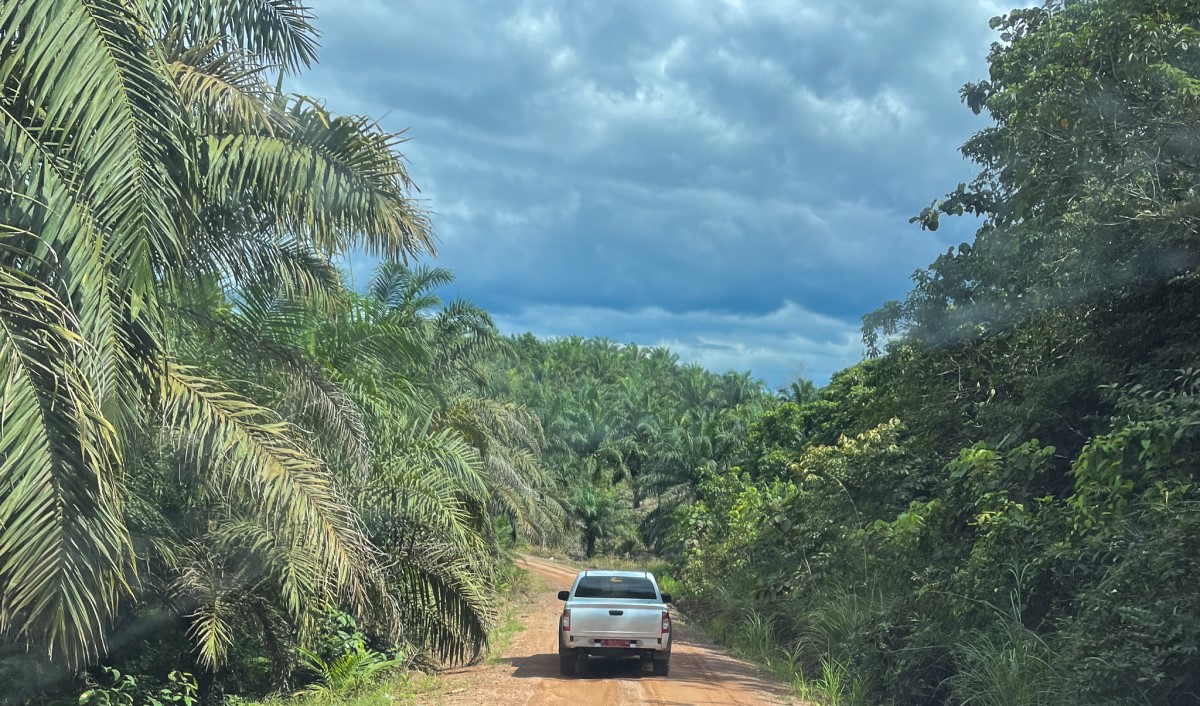The goal set by WHO to reduce global malaria incidence and mortality rates by 90% in 2030 requires targeted efforts and a focus on equity and human rights. In Indonesia, malaria cases are found both in rural communities and populations in remote areas.
In moderate to high endemic areas of Indonesia, children under five and pregnant women living in rural communities are the most vulnerable. In low endemic areas, malaria cases are more common in men of reproductive age due to occupational and geographical factors. For example, forest workers, undocumented miners, and tribal indigenous communities who live in remote areas. To achieve nationwide malaria elimination, we need to access those communities and utilize an equity lens to find the barriers and solutions.
To better understand these challenges, the NMCP, with support from WHO, the Global Fund, and RBM Partnership to End Malaria, conducted a Community, Human Rights, and Gender (CRG) assessment in January 2023. The assessment was done in Mimika District in Papua, which had 132 547 malaria cases in 2022 and represents a high endemic area, and Paser District in East Kalimantan, which recorded 638 cases and represents a low-endemic area. The assessment involved in-depth interviews and focus group discussions (FGD) with community leaders, healthcare providers, workers, men and women affected by recent malaria infection (including pregnant women), and adolescent boys and girls. The approach to this assessment was aligned with WHO Guidelines for Malaria, Malaria Matchbox Tool from RBM, and Technical Brief from the Global Fund.

A focus group discussion on community, rights, and gender in the context of malaria in Paser District, East Kalimantan. Credit: Paser District Health Office.
Several barriers in malaria elimination in both districts were identified. First of all, malaria is not seen as a serious disease, which led to poor health-seeking behaviours and treatment adherence in men. Compared with men, women and children are more likely to sleep under long-lasting insecticidal nets (LLINs), which protect them from malaria. However, through our FGD in Timika, we found that pregnant women who seek malaria treatment must gain permission from their husbands due to concerns that medications might harm their babies; indicating gender and knowledge-related barriers.
“If my kids get sick, usually my wife will call me, and I will let them go to a health facility. But if my wife is the one who gets sick, I want her to wait for me to return from the field before going to the clinic,” said a male farmer of Paser District, who participated in an FGD. According to him, children are weaker when they get sick, so they must be swiftly treated. Meanwhile, adults tend to be able to endure the pain and discomfort, therefore he’d like his wife to wait for him, so he can accompany her to the clinic.

On the road to the assessment site in Paser District. Credit: WHO/Ajib Diptyanusa
Meanwhile, due to their work location, low wages and lack of regulation on working hours, mobile and migrant populations have limited access to health care services and often resort to self-medication or untrained traditional practitioners. Massive logging and development activities for the new capital city is believed to have triggered the malaria outbreak in Paser District in 2022. On the other side, trained malaria cadres received insufficient allowances, making it difficult to motivate and retain them, especially in remote areas. Vulnerable groups are usually not consulted in social and behavioural change programmes. The importance of CRG in relation to access to interventions is also not widely understood in the community.
Drawing from the assessment, it is crucial for the malaria control programme to strengthen their people-centred approach in inclusive and equitable malaria elimination. Leaders should prioritize cultural responsiveness and gender considerations in all stages of planning, implementation, and evaluation. This includes ensuring access to health services for all and addressing social determinants of health, while integrating CRG assessments and other relevant tools in the monitoring process to create evidence-based programmes and solutions. All efforts should adhere to international and national guidelines to ensure the provision of preventive measures and attention to vulnerable groups. Additionally, the programme should provide fair compensation and support for malaria cadres.
The assessment findings have been shared with the NMCP and relevant stakeholders to develop effective strategies and interventions. The National Action Plan of Malaria 2020-2026 incorporates the findings and aims to remove the barriers. Implementation of this action plan is expected to improve equitable service delivery, increase community participation, and reduce the malaria burden in high endemic areas while accelerating malaria elimination in low endemic regions. Therefore, every member of malaria-affected communities will no longer be left behind.

Participants of the focus group discussion in Mimika District, Papua. Credit: WHO/Alegra Wolter
This activity is supported by the Global Fund to Fight AIDS, Tuberculosis and Malaria.
Written by Dr Ajib Diptyanusa, National Consultant for Malaria; Dr Herdiana Hasan Basri, National Professional Officer for Malaria; and Dr Alegra Wolter, National Professional Officer for Gender, Equity, and Human Rights.
